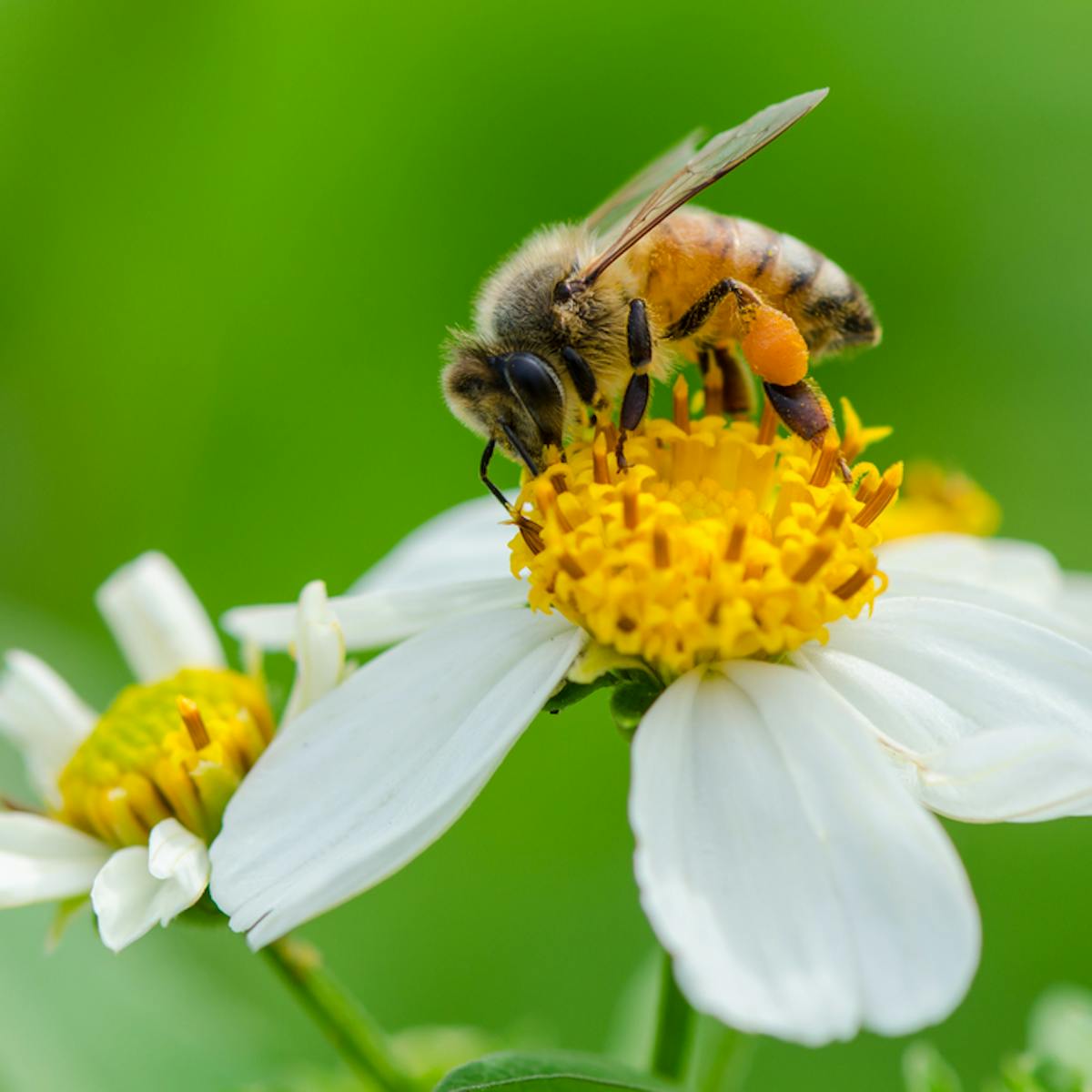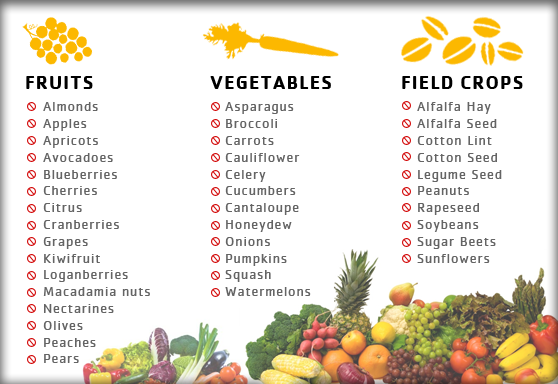You may have heard about how vital bees are to our food systems and ecosystems. But how important are they really?
Bees are often seen as just another insect buzzing around in our gardens, but they are actually one of the most important insects in our ecosystem.
These small but mighty insects are responsible for a significant amount of the food we eat and are essential to maintaining the balance of the ecosystem.
Wild pollinators play a crucial role in the survival of our ecosystem, agriculture, and food production. Pollinators, such as bees, butterflies, and birds, are responsible for pollinating 75% of global food crops and 80% of flowering plants. Without pollinators, we would lose a significant amount of food, including fruits, vegetables, nuts, and seeds.

Bees, in particular, are essential to our ecosystem as they play a vital role in maintaining biodiversity. They help in the pollination of wildflowers which provide habitat and food for other wildlife. This, in turn, helps to maintain the balance of the ecosystem.
However, bees and wild pollinators are under threat due to habitat loss, pesticide use, and climate change. It is, therefore, crucial that we take steps to protect them.
Importance of Bees in Agriculture
Bees are essential pollinators of crops and are responsible for pollinating over 80% of flowering plants worldwide. This includes many of the fruits, vegetables, nuts, and seeds that make up a significant part of our diet. Without bees, we would lose a massive portion of our food supply, leading to food scarcity and higher food prices. In fact, the global economic value of pollination services provided by bees is estimated to be around $235-577 billion annually.

Importance of Bees in the Ecosystem
Bees are not only vital for agriculture but also for the ecosystem as a whole. They help in the pollination of wildflowers, which provide habitat and food for other wildlife. By pollinating these flowers, bees play a vital role in maintaining biodiversity and the balance of the ecosystem. Bees are also important in the production of honey, which is not only a delicious natural sweetener but also has many health benefits.
Threats to Bee Population
Unfortunately, bees are under threat due to various factors. Habitat loss, pesticide use, and climate change are some of the significant threats to bee populations worldwide. As humans continue to expand and develop our cities and towns, we are destroying the natural habitats of bees and other pollinators. The use of pesticides and chemicals in agriculture also poses a significant threat to bees, as it can kill them or harm their ability to navigate and pollinate. Climate change is also affecting bee populations by altering the timing of flowering plants, which can disrupt the timing of bee life cycles.
Ways to Help Bees
It is essential that we take steps to protect bees and other pollinators. Here are some things you can do to help:
- Plant pollinator-friendly plants: Planting a diverse range of flowers, herbs, and shrubs that bloom at different times of the year can provide a vital source of food for bees and other pollinators.
- Provide nesting sites: Bees and other pollinators need safe places to nest and lay eggs. You can help by providing nesting sites such as bee hotels, nesting boxes, and piles of logs or stones.
- Avoid using pesticides: Pesticides can harm bees and other pollinators. Try to avoid using pesticides in your garden, or use natural alternatives such as neem oil or soap sprays.
- Support local beekeepers: Buying honey from local beekeepers helps support bee populations in your area.
- Spread awareness: Educate others about the importance of bees and other pollinators to our ecosystem and how they can help protect them.
Conclusion
In conclusion, bees are more than just buzzing insects - they are crucial to our survival. They play a vital role in pollinating our food crops and wildflowers, maintaining biodiversity, and producing honey. Unfortunately, bees are under threat, and it is up to us to take action to protect them. By planting pollinator-friendly plants, providing nesting sites, avoiding pesticides, supporting local beekeepers, and spreading awareness, we can help ensure the survival of these essential pollinators.
Consider supporting local beekeepers by buying honey from your area. Our store, BCB Honey, offers award-winning, locally-sourced British Columbian honey that supports our local pollinators and their habitats, and in turn provides us with all the fruit and vegetables we need and enjoy. Join us in protecting and supporting these vital creatures by purchasing our honey today.
https://bcbhoneyfarm.com/collections/honey/products/raw-honey


If it wasn’t for the bees, our world would not exist. However, not all insects are so great. Once bugs appeared at home, and only a special team pluskwy bydgoszcz was able to help me.
Hello,
Can you give me your farm’s address ? I would like to visit it.
Cordially,
For save bees ? I draw here … ! Small contribution to your article in the form of drawings, French visual artist I produced a series on bee mortality by pollution from chemicals and pesticides used in agriculture. To discover: https://1011-art.blogspot.com/p/vous-etes-ici.html
But also in direct link “Hommage à Magritte”: https://1011-art.blogspot.com/p/hommage-magritte.html